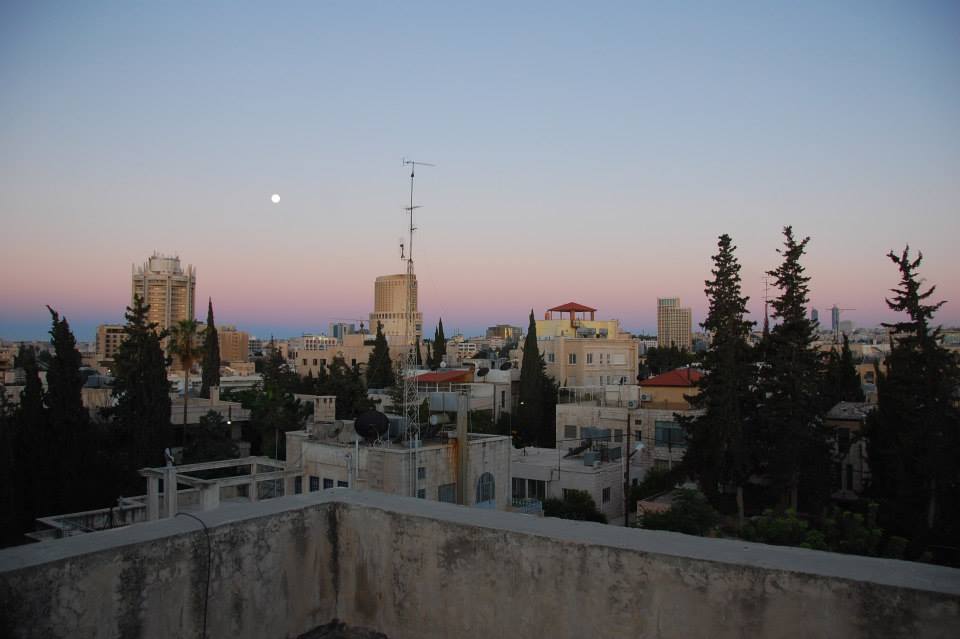After weeks of difficult decision making, I finally decided to spend my summer working for the International Union for the Conservation of Nature (IUCN)’s Regional Office for West Asia (ROWA) based in Amman, Jordan. As the sole CBE fellow studying Arabic, I thought I would best apply my skills in an atmosphere that allowed me to discuss marine policy in an international context, including in multiple languages, and with individuals in myriad sectors. Marine policy in the Middle East and North Africa (MENA) region does not receive substantial attention from local experts. Rapid population growth and economic development, along with the global demand for oil, expose MENA’s coasts and regional seas to serious pressures in what is also a complex political arena. During my time here, I plan to develop on-the-ground familiarity with regional environmental policy issues, in addition to widely relevant international project planning and management skills.
My project at the IUCN consists of researching marine invasive alien species (IAS) in Middle Eastern and North African (MENA) seas, which include the Mediterranean Sea, the Red Sea, the Arabian Gulf, the Gulf of Aden and the Gulf of Oman. Globalization, expansion of the oil trade from the Gulf countries to the rest of the world, the opening of the Suez Canal, and population boom have all contributed to pollution problems in the region’s waters. More specifically, the issue of marine IAS grew rapidly when cargo ships stopped using solid ballast and adopted liquid ballast in its stead. Sea-borne trade, and the associated transport of ballast water from one port to another, represents the primary pathway for the introduction of marine IAS. My specific project will research the extent of the marine IAS problem in the region, document national and regional legal obligations to manage marine IAS, and subsequently complete a project proposal, including a log frame and budget, for the IUCN to submit for funding in the upcoming years.
As IUCN ROWA currently does not have a marine and coastal program officer, I may also contribute to other projects while here, and I look forward to learning as much as possible about the various programs that ROWA operates in the region. On that note, I’ll sign off, as I prepare to head to Bahrain next week to meet regional experts for interviews and participate in a related workshop on implementing the IUCN Red List in Iraq’s globally significant wetlands.


